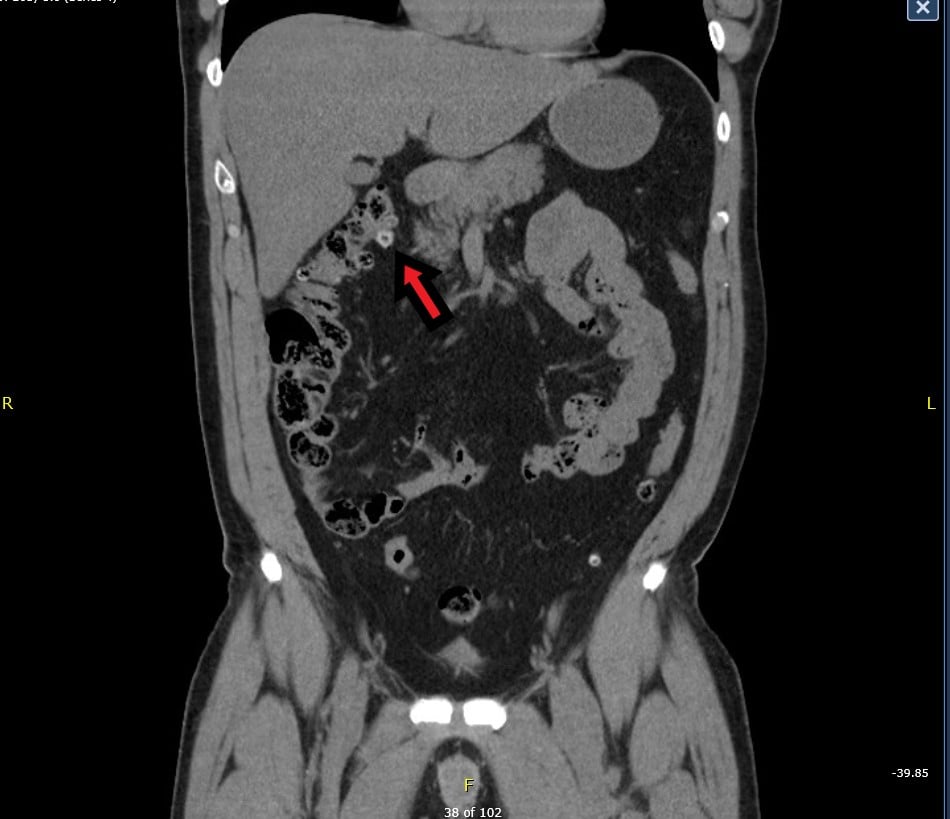EMbark Article Submission Form

Thanks for your interest in submitting an article for EMbark, EMRA’s online career-planning corner!
We’re pleased to help get your material published on our website. Use our online submission form below.
We’re looking for strong, well-written content that will help our medical students and residents plan their post-med school and post-residency journeys in emergency medicine.
There is no rigid word-count requirement, but articles should be article-length. Don’t write a novel. Use your best judgment; 500-1,000 words is in the right range. Include all authors’ names, credentials, and contact information on the first page of your article. Proper credit is key! Check out the EMRA/EM Resident Style Guide.
Contact the Editor with questions.
Just want to submit an idea for an article? Email the Editor.
Related Content


Apr 08, 2021
Near Death by Nasal Packing: A Rare Complication Due to the Fatal Trigeminocardiac Reflex
Epistaxis is a complaint that is frequently seen in the emergency department. As a physician, we took an oath to do no harm, but what if we end up doing more harm than good when managing epistaxis?





